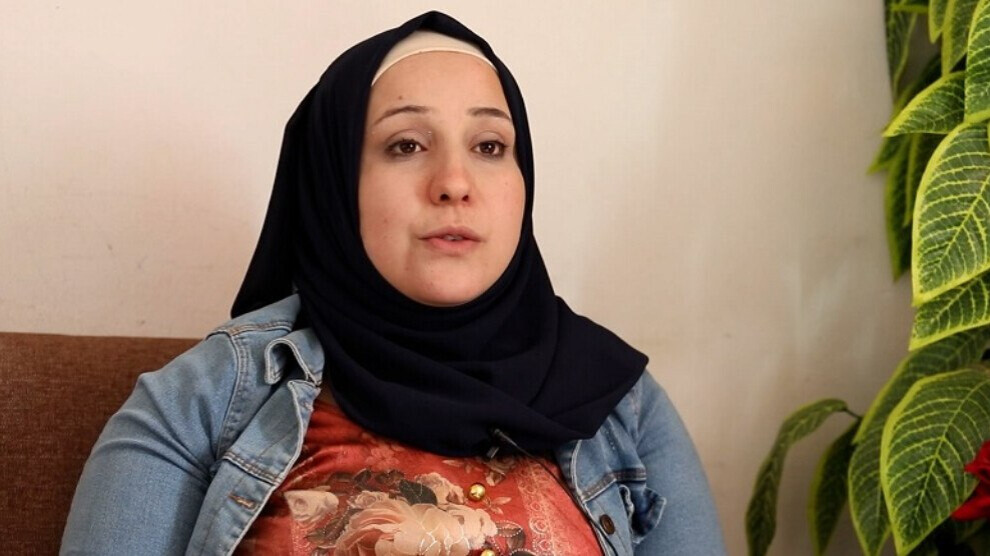Women in Deir Ez-Zor are leading the change
Fatma El Mehel, who joined the women's work after the liberation of Deir ez-Zor by the SDF and is part of the social change in the area, said that they women learned that 8 March is not one day alone.
Fatma El Mehel, who joined the women's work after the liberation of Deir ez-Zor by the SDF and is part of the social change in the area, said that they women learned that 8 March is not one day alone.

The people and women of Deir ez-Zor, who have suffered for years the oppression and persecution of the regime, ISIS and other Turkish mercenaries, hold tightly to their freedom.
Fatma El Mehel, spokeswoman for Deir ez-Zor Women's Work, has been involved in women's organization activities in the region for nearly three years. Reminding that women in Deir ez-Zor were subjected to rights violations including torture, harassment and rape by ISIS and other mercenaries affiliated to the Turkish state, El Mehel said: “In the past, women were not allowed to work in diplomatic, political and economic fields. Women were forced to stay at home. During the Syrian regime, women were allowed to work in the Ministry of Public Relations. At that time, they could only take part in social activities with 13 percent female representation. The woman's labor was exploited.”
Noting that many radical and important changes took place after the liberation of North-East Syria by the SDF (Syrian Democratic Forces), Fatma El Mehel said: “Women who were forced to stay at home have now freely assumed a leading role in the economic, political, diplomatic, social and even military field. A ruling and oppressive mentality prevailed in the Deir ez-Zor region. Feudal customs and habits were common. With the liberation of our areas by the SDF, women assumed a dominant and leading role in all areas of life. And the women taking the lead, also meant that the old mentalities were overcome."
El-Mehel stated that families prevented girls from going to school and work also for fear of mercenaries such as ISIS, Front al-Nusra and the Free Syrian Army, which had occupied the region. Mercenaries raped and harassed women. “Now, as women, we have also achieved an intellectual development and become stronger. Now we can work in many areas of society. We can play a role in overcoming reactionary mentalities by running people's work. For example, we are countering child marriages.”
El Mehel added: “After our region liberated, we organized and educated people, especially women. Later, we continue our educational activities so that women can take a leading role in social activities. There is a big difference between the past and the present. Women now have a great role, personality, and power."
Underlining that the SDF came and saved the region and its people from the oppression, persecution and occupation of the mercenaries, El Mehel continued: “The domination of the nationalist and male power mentality, which was in the region in the past, ended thanks to the SDF. After our region was liberated, we learned about the importance of March 8 for women. We did not know anything about March 8, International Working Women's Day. Now, we see every day we live in our liberated land as a holiday for women."
Fatma El Mehel expressed her past difficulties and her current state with the following words: “Before participating in women's studies as an individual, I was very afraid to stand in front of a camera and speak. I had a very weak personality. I have been subjected to a lot of pressure and persecution due to the reactionary mentality that prevails in our family and society. This caused us women to remain weak in terms of personality. With the Autonomous Administration built after our region was liberated, women assumed a leading role. After getting involved in women's work, I got stronger and was able to face people. Now I can speak comfortably and without fear. At the same time, I can spread free thinking among women. The more I worked in the field of women, the stronger I became."